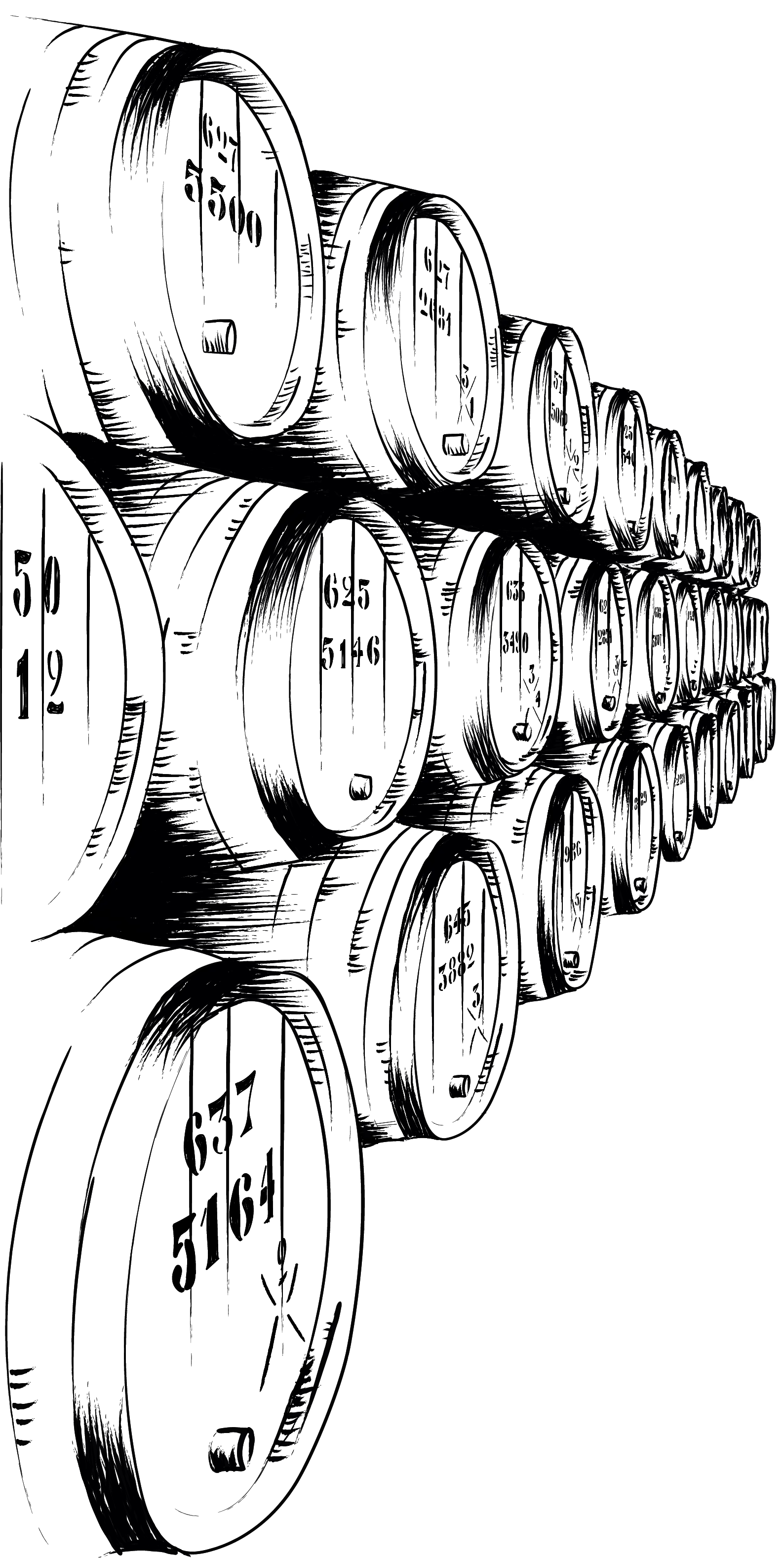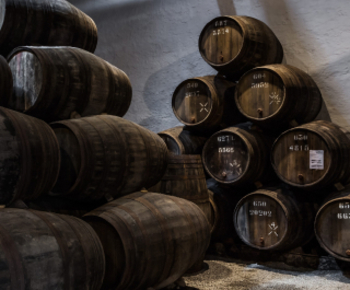Carbon Footprint
The awareness of the real impact of business activities is measured by a Carbon Footprint calculation. This is crucial for the commitment to sustainability. Therefore, in 2018, Taylor Fladgate promoted a Carbon footprint calculation focused on Taylor Fladgate’s Late Bottled Vintage (LBV) Port at the different stages of its life-cycle: agricultural, oenological and transport. The data analyses associated between 2014 and 2016 show the following:
• The vineyard at Vargellas as the location for the growing of grapes
• Traditional winery at Vargellas
• Modern winery of Nogueira, where winemaking and ageing processes occur
• The bottling centre, laboratory and distribution in Vila Nova de Gaia.
Considering the global results (including the analyses of the three phases), the carbon footprint increased by 14% when compared to the results of the reference year (2014). The process that contributes the most towards emissions is the bottling activity during transportation, followed by the fermentation process.
Having specifically analysed the agricultural phase, the carbon footprint is at 0.30, 0.32 and 0.33 in 2014, 2015 and 2016, which shows an increase caused mainly by the levels of energy consumption during this phase.
In addition to the carbon footprint awareness, the research concludes that there are opportunities to improve the management and monitoring of the emissions, as well as the eco-design suggestions for the packaging


discover more




